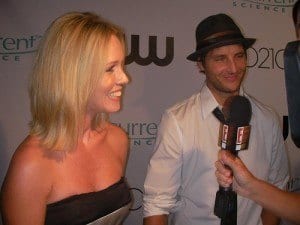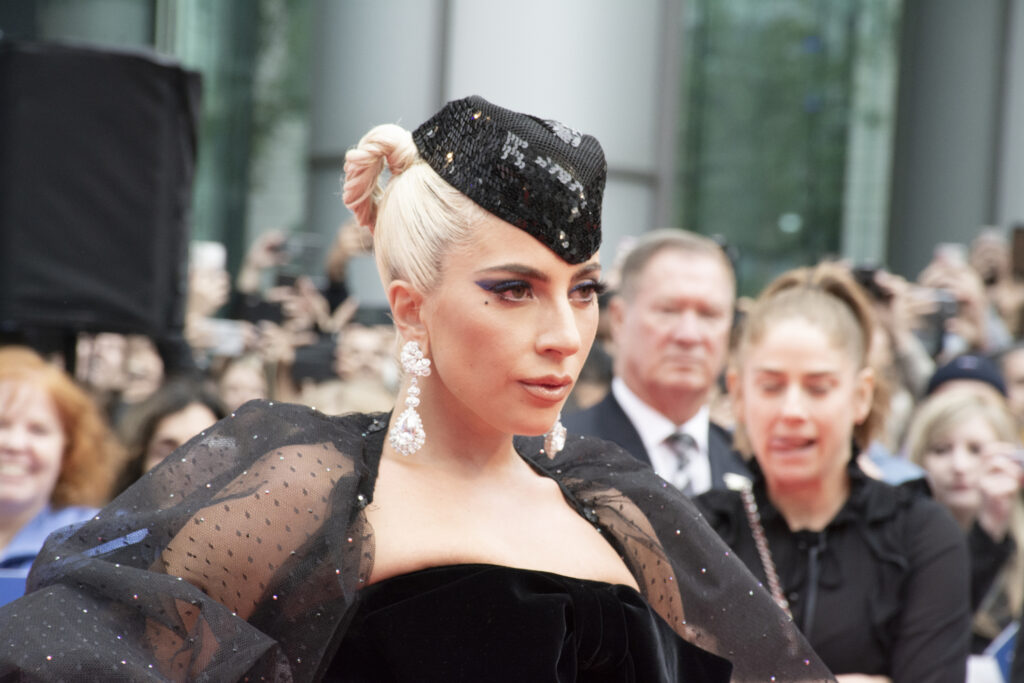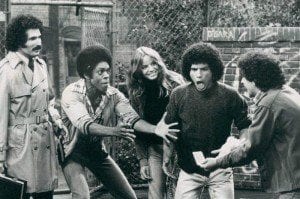We chat with the film’s director
“Battleship” is set to hit the big screen May 18, and College News sought out the film’s director Peter Berg, to find out what motivated him in making the movie, why he chose to cast Rihanna and to talk about his passion for the Navy.
What was your inspiration for turning one of the most classic board games into a feature length film?
My dad was a marine and an amateur Navy historian; he used to drag me to every museum in the world. I’ve developed a love of naval history and have always wanted to do a naval movie. I decided that I wanted to try and make a big, fun popcorn action movie. For some reason, “Battleship” popped into my head, and I thought I could satisfy both.
Did you find the process difficult given that there really isn’t a back-story besides “you sunk my battleship?”
It’s an original story. So, it was difficult like anything is difficult. In some ways, I had more leniencies than I’ve ever had creatively because there was nothing to really go on other than five ships trying to find and destroy five ships. So, I was liberated, and it became a great creative experience. I kind of created something out of nothing.
Your films have a grandiose style and are visually impressive. What draws you to this style of filmmaking?
I’m a fan of dynamic filmmaking. My films generally have action and/or violence in them, and I’m drawn to the psychology of the men and women whom find themselves in tense and violent situations. I look for anything that feels kinetic and visually dynamic.
Besides the clear fact that Rihanna is beautiful and has an amazing voice, what made you decide to cast her in “Battleship?”
I like mixing it up. I’ve cast Tim McGraw in “Kingdom” and “Friday Night Lights.” I’ve been a big fan of musicians acting. I felt like Rihanna was fresh, had tremendous charisma and was a new way to go. I could just
tell from meeting her and the time I spent auditioning her that she was taking it really seriously, and she would bring it as hard as she could. I thought that would be pretty good. I was surprised I was the first person to ever cast her.
In the scene with the alien ships rising up out of the water, the visuals are stunning. What have been some of the more innovative cinematic techniques with “Battleship?”
“Battleship” is a summer popcorn film. Generally these films have big CGI components. One of the smartest decisions I made was hiring ILM and the designer Grady Cofer. What ILM was able to do was bring a level of photorealism that you just don’t see. You see everything from the big epic shots of the alien ships rising to the detail of an alien, an eye, a finger, a cheek. I’m just so impressed what ILM was able to do visually across the board.
We know you filmed on board the Battleship Missouri Memorial (BB-63). Was the Navy helpful with filming?
Tremendously, I have a very good relationship with the Department of Defense. My next film is based on the book “Lone Survivor,” which is a true story of a gunfight that happened in Afghanistan in 2006, where 19 Navy SEALs were killed and one lived. I’ve spent a lot of time with the Navy and the public affairs officers at the pentagon and have sort of spread the word, regardless of my political stance; I’m a very, very strong supporter of the men and women who serve. As a result of that, we were given extraordinary access to the [ships].
You started out as an actor and eventually moved behind the camera; was this something you had always planned on?
I started making movies when I was in high school. [My first film] was about two friends playing a board game, “Stratego.” One of them gets the other guy’s flag. They get into a fight, and one guy knocks the other one out, and he goes into the other one’s mind. Then, he has this whole flashback. So, it’s kind of ironic that the first movie I ever made was about a board game. I’ve had almost every job you can have in the film business from the gopher who goes and gets your coffee to the truck driver to electrician. I’ve also acted, but [it was] always with the goal of directing. I love having a very comprehensive understanding of what it takes to make a movie. I generally understand what it’s like for the crew, what their jobs are. I understand the stresses they are in. Working in film puts a lot of stresses on families, and I’m pretty sympathetic to that. I always knew that my goal was to direct. I’ve enjoyed the experience I’ve had along the way working with so many different departments.
What’s the best route one should take to have their screenplay noticed?
My feeling is that there is very little that someone has to say in their early 20s that’s particularly interesting. I recommend that people go out and live, get a life’s education, travel, have adventures, get arrested, fall in love, have their heart broken. Do all the things that you need to do to eventually become a storyteller. I tell people to slow down and not be in such a hurry and go out and live.
Should moviegoers stick around after the credits for a bonus scene?
Of course, you’ve got to stick around!

















